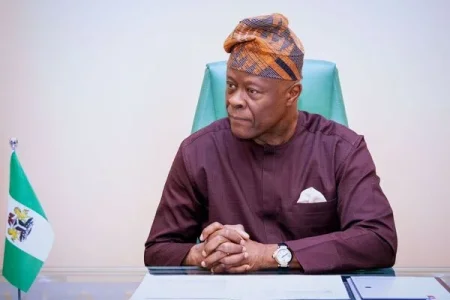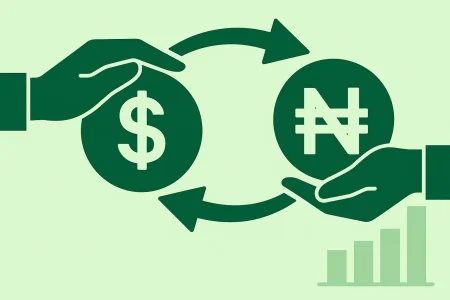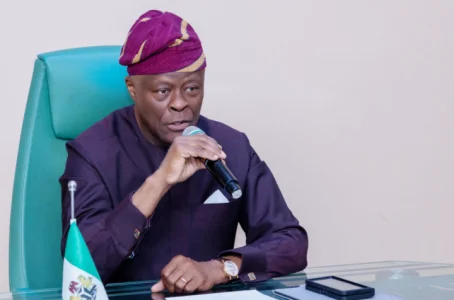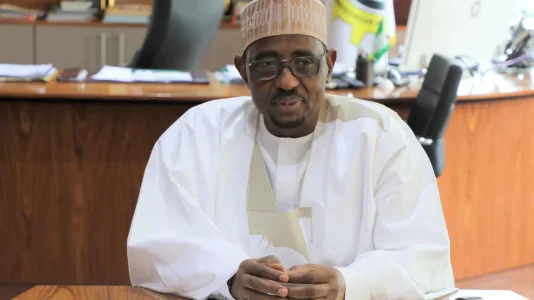
Fuel subsidy in Nigeria is set to skyrocket, with projected expenditure reaching N5.4 trillion in 2024, a significant increase from N3.6 trillion in 2023. Despite previous claims of its elimination, a draft report reveals ongoing subsidy expenditure, sparking debates and discussions on the nation's energy policy and subsidy removal efforts.
Amidst mounting economic concerns and debates over the existence of fuel subsidies in Nigeria, a draft report of the Accelerated Stabilization and Advancement Plan (ASAP) has brought forth startling revelations. According to the report, presented to President Tinubu by Finance Minister Wale Edun, projections indicate that fuel subsidy expenses are set to skyrocket to a staggering N5.4 trillion in 2024, a significant increase from the N3.6 trillion allocated in 2023.
Despite President Tinubu's announcement in May 2023 declaring the eradication of fuel subsidies, the emergence of this projection has reignited discussions about the government's subsidy policy. The report's findings directly challenge the notion of subsidy elimination, raising questions about transparency and fiscal accountability within the administration.
Finance Minister Wale Edun emphasized that fuel subsidy removal is a dynamic process influenced by various factors. While the government aims for complete elimination, current strategies focus on transitioning towards alternative energy sources like Compressed Natural Gas (CNG) to mitigate dependency on petrol imports.
Critics have seized upon this revelation, citing it as evidence of ongoing subsidy practices, contrary to official claims of abolition. Nigerians and Former Governor El-Rufai have both voiced concerns over the persistence of subsidy-related expenditures, indicating a dissonance between governmental statements and financial realities.
However, the Nigerian National Petroleum Corporation (NNPC) maintains its stance that no subsidy payments are received from the government. GCEO Mele Kyari reiterated in August 2023 that the corporation merely recovers import costs without subsidy interventions.
As the government navigates through economic challenges and strives for subsidy reform, the accuracy of projections and the integrity of subsidy policies remain subjects of intense scrutiny and public debate, underscoring the complexities of Nigeria's energy landscape and economic governance.




